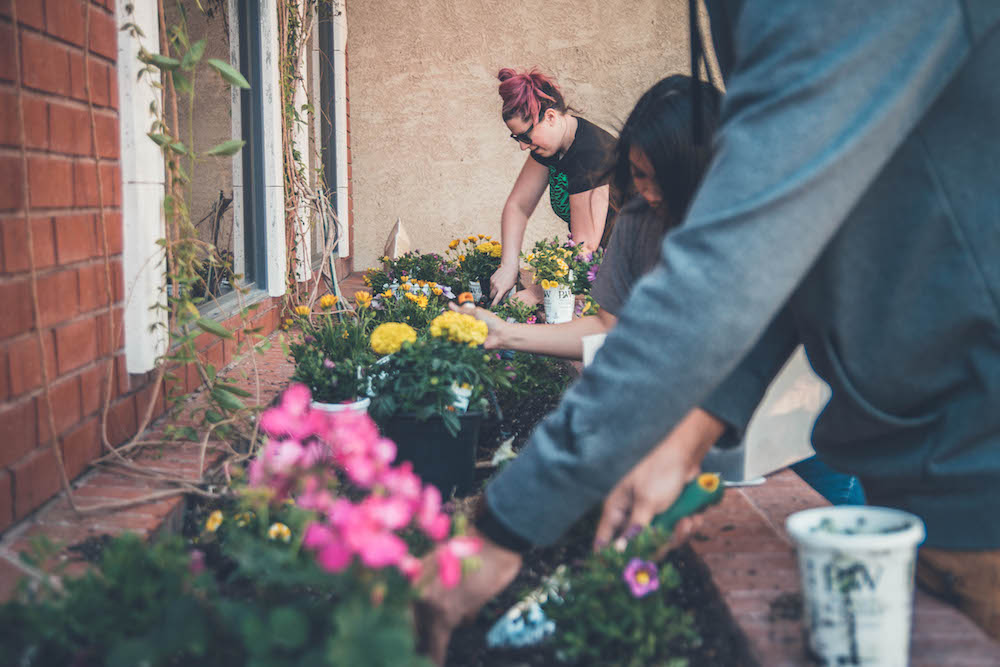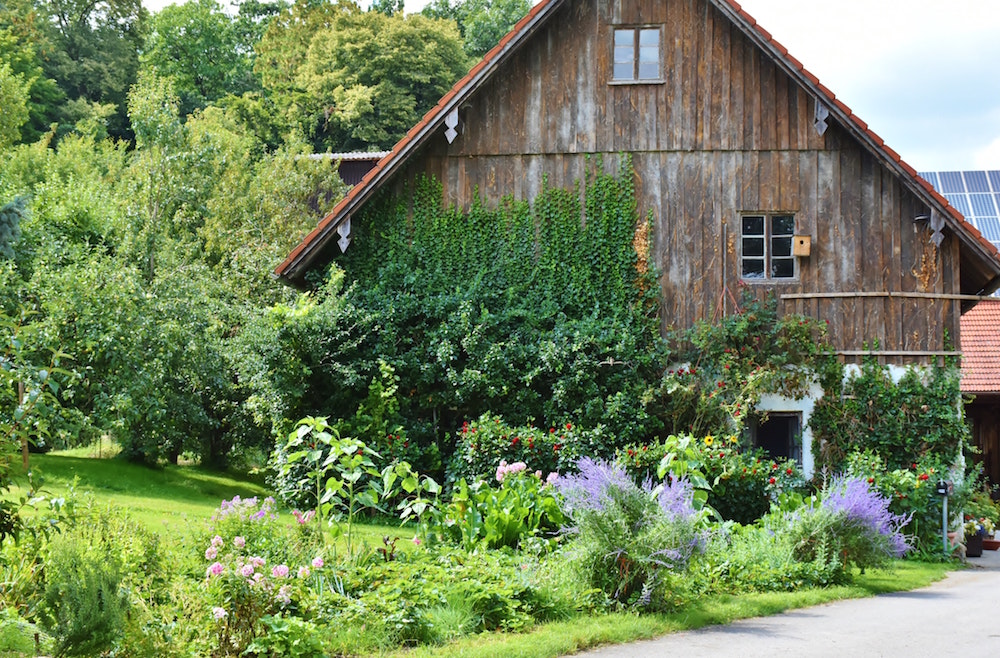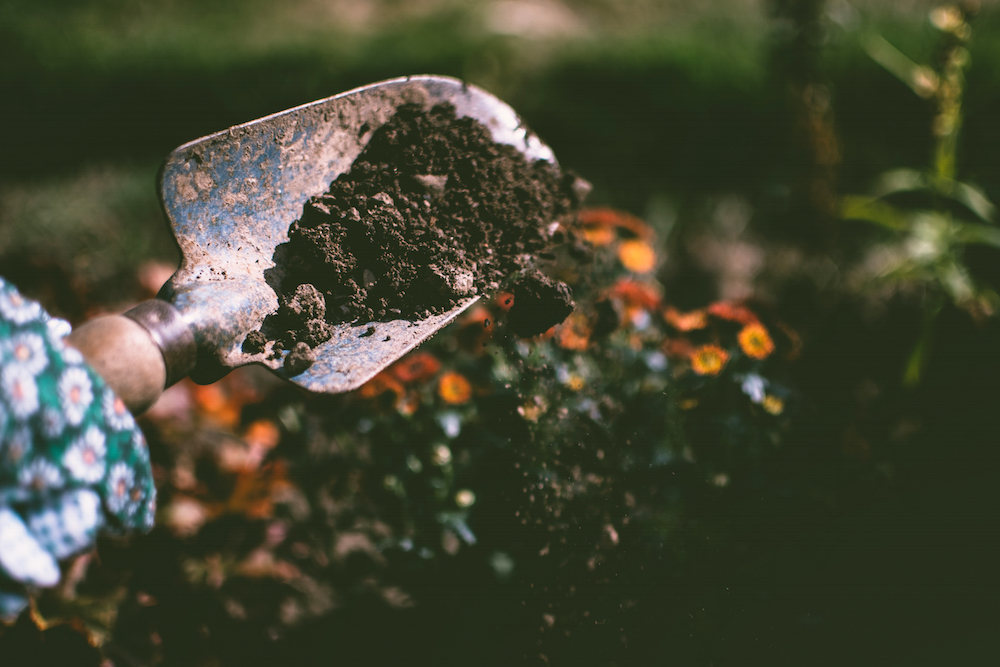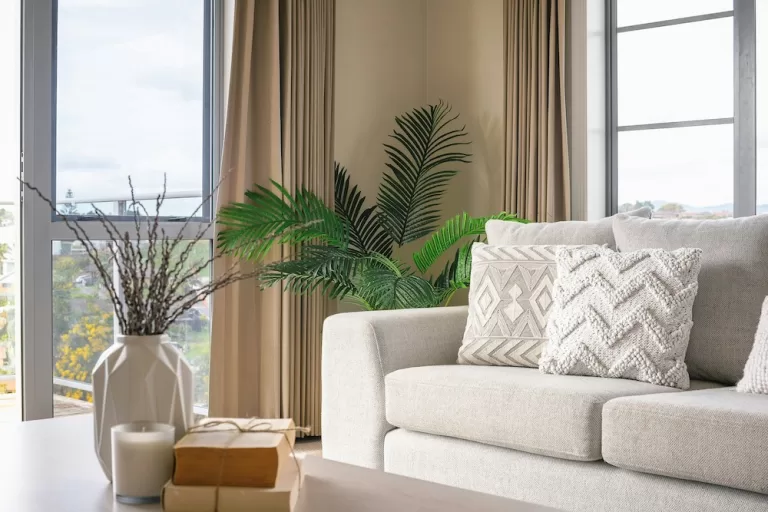Gardening Tips For Beginners
Often, gardens are associated with a home’s beauty. But, did you know that attending to the garden can offer more health benefits to yourself? The high chances are that you didn’t see that coming. Well, it’s a proven fact.
Setting up a garden isn’t that easy as there are challenges along the way. But, if you adhere to the tips given below, you might end up with a perfect garden that every neighbor will envy.
1. Select your spot wisely
If you can recall, during your science classes, you were told that plants need light to thrive. Therefore, before you even start any digging, you have to consider the location. You can observe the preferred location throughout the day to tell which spots receive full sun and those that receive full shade. When dealing with plants, you must know that some need full sun while others don’t. For instance, flowers and vegetables need about eight hours of full sun daily.
On the other end, plants such as hostas and ferns can thrive well in the shade. Therefore, after observing your preferred spot through the day, you can tell where each plant should go for dynamic growth. Also, consider picking a flat spot in your garden. Sloping gardens are expensive and challenging to manage. Besides, it would help if you chose a place that is near a water source for watering. By doing so, you won’t have to spend your money on hose pipes and other pieces of equipment needed to ferry the water around.
2. Weigh your options
When setting up a garden, you have to choose whether you want to plant flowers, vegetables, or herbs. Well, when juggling in between the many options, you ought to ensure that you end up with the right choice to avoid later surprises. Say, for instance, if you choose to go with herbs to add taste to your dinner table, you must identify the categories that your family will eat. If it’s about the flowers, evaluate them based on the color, fragrance or the flair you want. One fantastic thing about gardening is that you can start small until you are sure of what you want.
3. Improve the soil
The secret to a thriving garden is boosting soil fertility. Well, growing your flowers, herbs, or vegetables on a standard garden can deliver results. But, the results would be superfine if you improve the soil. Adding organic matter to your garden is the only solution to productive gardening. Simple grow soil, for instance, has 100% pure worm castings that your garden needs to thrive. Besides, you can take your game a step further and test the soil. Your county cooperative should help with the testing. With the results, the officials there can tell what is lacking in your garden and how you can improve it.
4. Only buy gardening tools you need
Once you have a plan, you will need tools to execute it effectively. Therefore, if you want to have a thriving garden, you must be willing to invest in various work tools. You can fetch things such as a spade, garden fork, trowel, pruning scissors, and a knife, among many other tools. The tools are dependent on the size of your garden. You don’t have to go buy every other appliance as this can cost you a fortune.
5. Don’t spare the weed
It’s important to note that the weeds are your garden’s worst nightmare. Therefore, you must weed your garden often. Make sure that you uproot the stubborn weeds from the roots. If you notice any seeds clinging to the roots, don’t make the mistake of placing them in a compost heap. By doing so, you may end up re-seeding the weed once you spread the compost.
6. Water is life
Plants can naturally suck moisture from the soil to help with the growth. But, that’s not always the case as your garden may be placed in a location that your plants aren’t getting enough water. That’s where watering comes in the picture. Often, the old folks in the game will tell you that you must give your garden a consistent and ample amount of water. With this, it means that you must provide your garden enough water daily.
When starting, you must know that the plant’s roots are less developed, and thus need much watering. Therefore, you must be sure that the water is penetrating the soil efficiently. The perfect time to water your garden is in the morning because by watering in the evening, you expose your plants to diseases and fungus.
While designing and creating your perfect garden, it is important to consider how you will maintain your new space. If you plan on using your garden space to host guests for alfresco evenings or let the children run around and play, you may wish to segment your garden for different purposes. All your precious plants and herbs can be placed in the ideal spot, while a section of your garden can be fenced off, so there are clear boundaries. On the other side of this fence, you may wish to fill it with artificial grass, hanging fairy lights, and upcycling furniture to sit on, to make it trendy as well as inviting.










